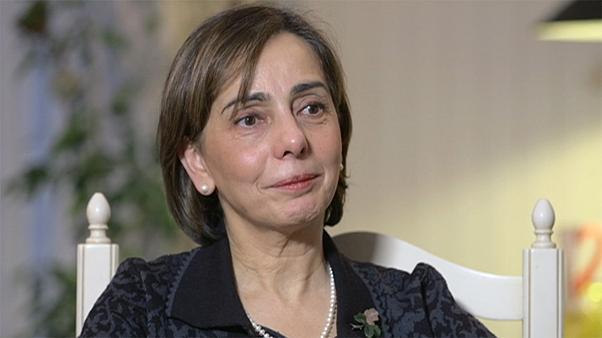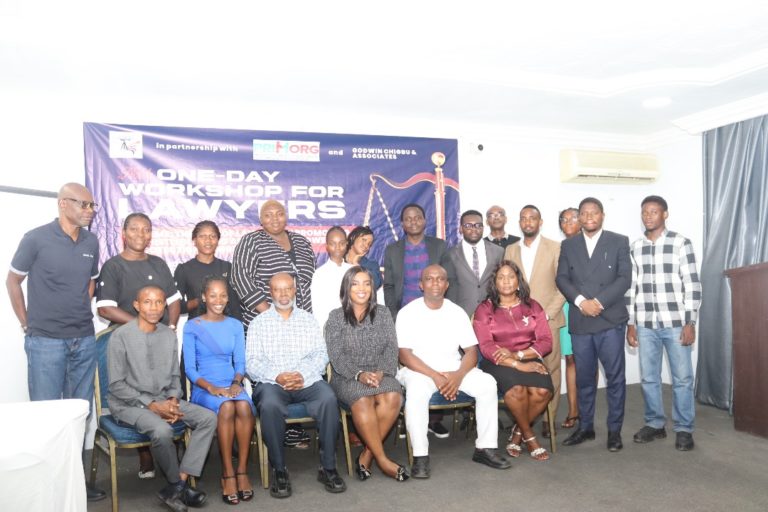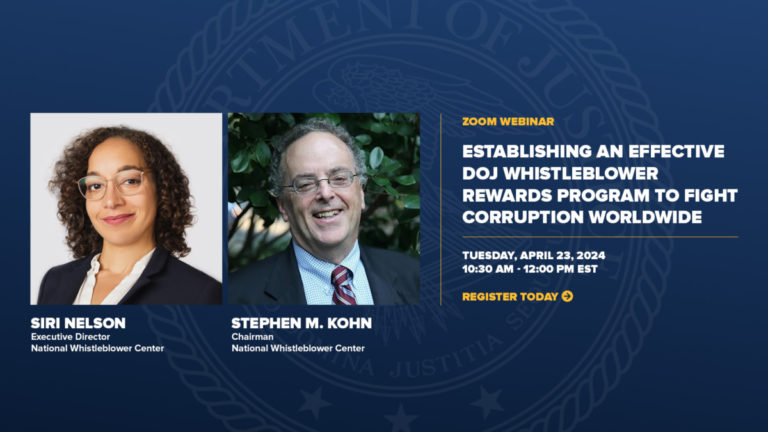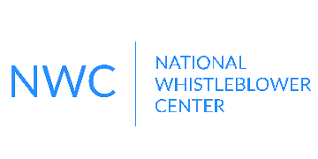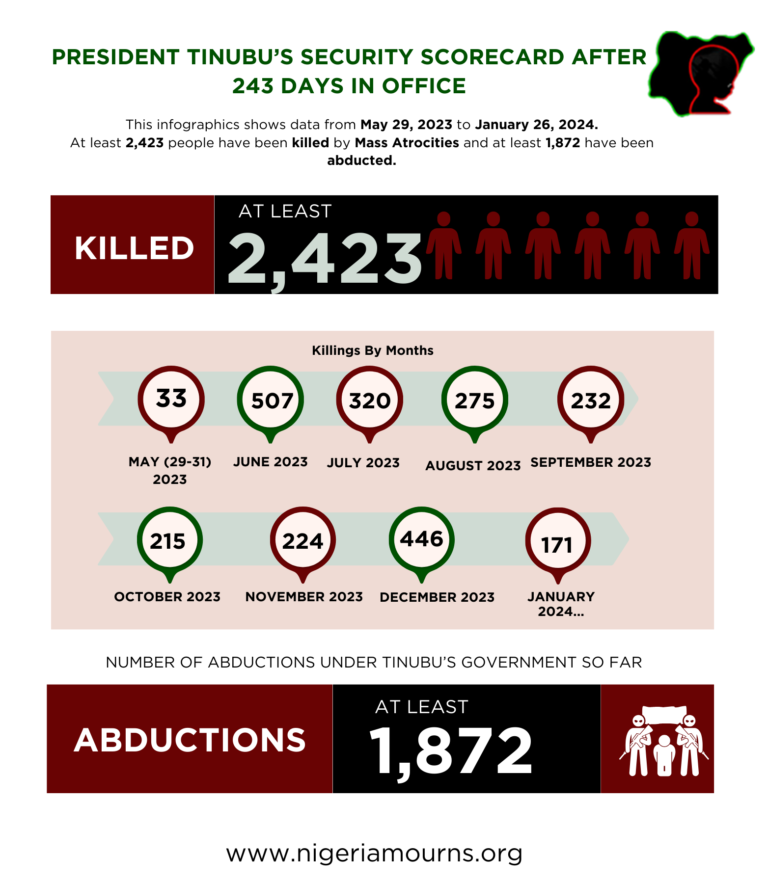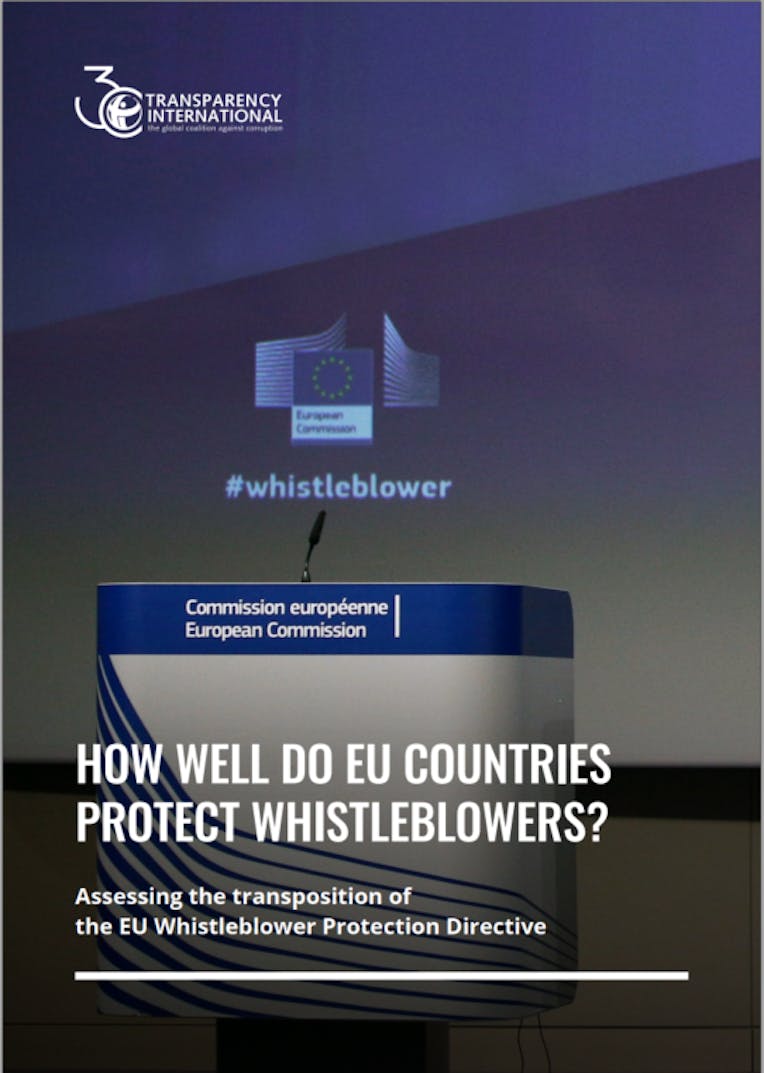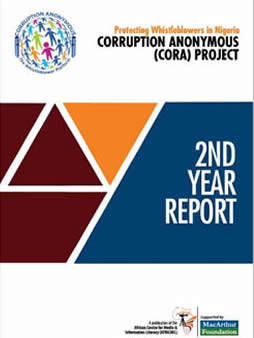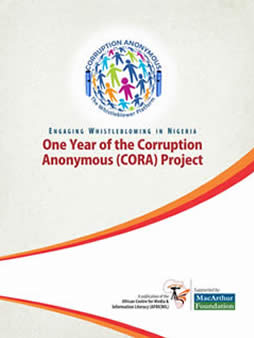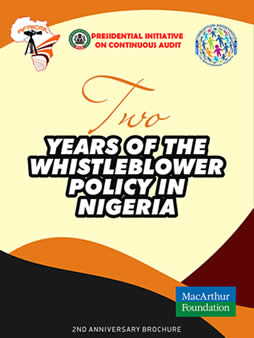Press Release
The Civil Court of Appeal of the canton of Vaud, in Lausanne Switzerland, has condemned the Nestlé Group for failing to protect their former Assistant Vice President of Food Safety (2000-2010).
After 10 years of fighting for her rights, Dr. Yasmine Motarjemi can finally read a judgement that clearly and precisely confirms what happened to her while trying to work with her superiors in managing food safety at Nestlé. In a ruling issued on the 7 January 2020, the Civil Court of Appeal decisively rejected management’s continued assertions that Dr. Motarjemi had not been bullied and harassed from 2006 onwards, thus refuting the public statements made by Nestlé’s CEO Paul Bulcke outside the court at the original hearing.
Importantly, the Civil Court of Appeal determined the failure by Nestlé’s managers to act on the Dr. Motarjemi’s complaints constituted further detriment against her, including their failure to conduct an audit of food safety as she had repeatedly requested. The Court deemed the investigation that managers mounted some years after the harassment first came to their attention to be a “sham” and constituted another act of harassment.
“It is rare to hear of such an excoriating ruling against a company in any whistleblowing case, let alone against a powerful multinational. It is even rarer in Switzerland which has a history of prosecuting those who raise the alarm,” says Anna Myers, WIN’s Executive Director.
“But this is a bittersweet victory. While the legal system has finally recognised the harassment Dr. Motarjemi suffered was illegal and Nestlé has clearly violated the law, the Court did not address the food safety management issues, nor has any regulatory authority to date.”
Dr. Yasmine Motarjemi has fought a long, exhausting, and painful battle to hold one of the most powerful multinational food companies in the world to account. She has done it alone and at great cost to herself, and her battle is not yet over. Ms. Myers states, “it is time that Switzerland acted to protect people like her.”
Liz Gardiner, Acting Chief Executive of Protect in the UK agrees. “Switzerland does not yet have any whistleblower protection law in place.
When the Swiss Parliament finally acts, it is vital that the law they adopt allows individuals to go directly outside their employment to the appropriate regulatory authorities first if they so choose. This is what is allowed in the UK and Ireland and what the EU has now legislated for across Europe.”
Whistleblowing laws are meant to increase the flow of information where needed for accountability. The EU has just adopted a Directive to protect whistleblowers that meets most international standards and supports freedom of expression and democratic accountability in Europe.
The current legislative proposal before the Swiss Parliament makes the fundamental error of attempting to restrict both the nature of the disclosures whistleblowers can make, and the channels or protected audiences to whom they can report. Fatally, it does not provide protection. This will create a significant chilling effect on disclosures, where and when they are needed most – whether about food safety, potential environmental hazards or financial misconduct. Dr. Motarjemi had multiple concerns with the management of food safety at Nestlé, some of which led to food safety incidents in different countries of the world. Despite her repeated requests no audit was done, and instead, Dr. Motarjemi, a internationally respected food safety scientist formerly with the World Health Organisation, was harassed out of her job.
It is alarming that the proposed reforms provide no effective protections against retaliation or detriment. The most whistleblowers in Switzerland can hope for is limited compensation if they are fired even if the proposals clarify what should already be obvious, that reporting wrongdoing to one’s employer is not a beach of an employee’s duty of loyalty. If adopted, these reforms, will be a serious trap for those who genuinely believe they are designed to protect whistleblowers.
The Swiss parliament has been debating the idea of protecting whistleblowers for 17 years now, and many know about Dr. Motarjemi’s more than 10+-year battle to stop the destruction “of her brilliant career” in food safety; it is unacceptable that Switzerland’s law makers continue to flounder so dangerously.
“As one of the key financial centres and most highly preferred headquarters for multinationals in the world” states Myers, “the fact that whistleblowers continue to fare so badly in Switzerland is a serious problem for us all and one we ignore at our peril.”
Press Notes:
Press Contacts: For more information about this case, international best practices in whistleblowing and the work of the Whistleblowing International Network based in Glasgow, please contact Anna Myers, Executive Director, on +44 141 5595008.
For more information on Protect, the UK’s leading experts on whistleblowing law, practice and advice, and a founding member of WIN, please contact Louise O’Neil, Head of Communications on +44020 3 117 2520

